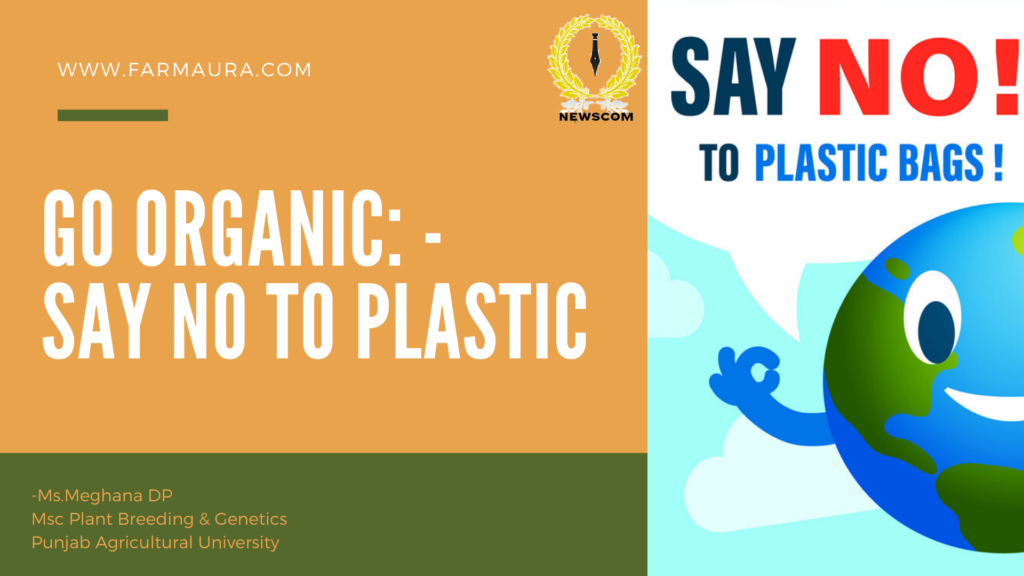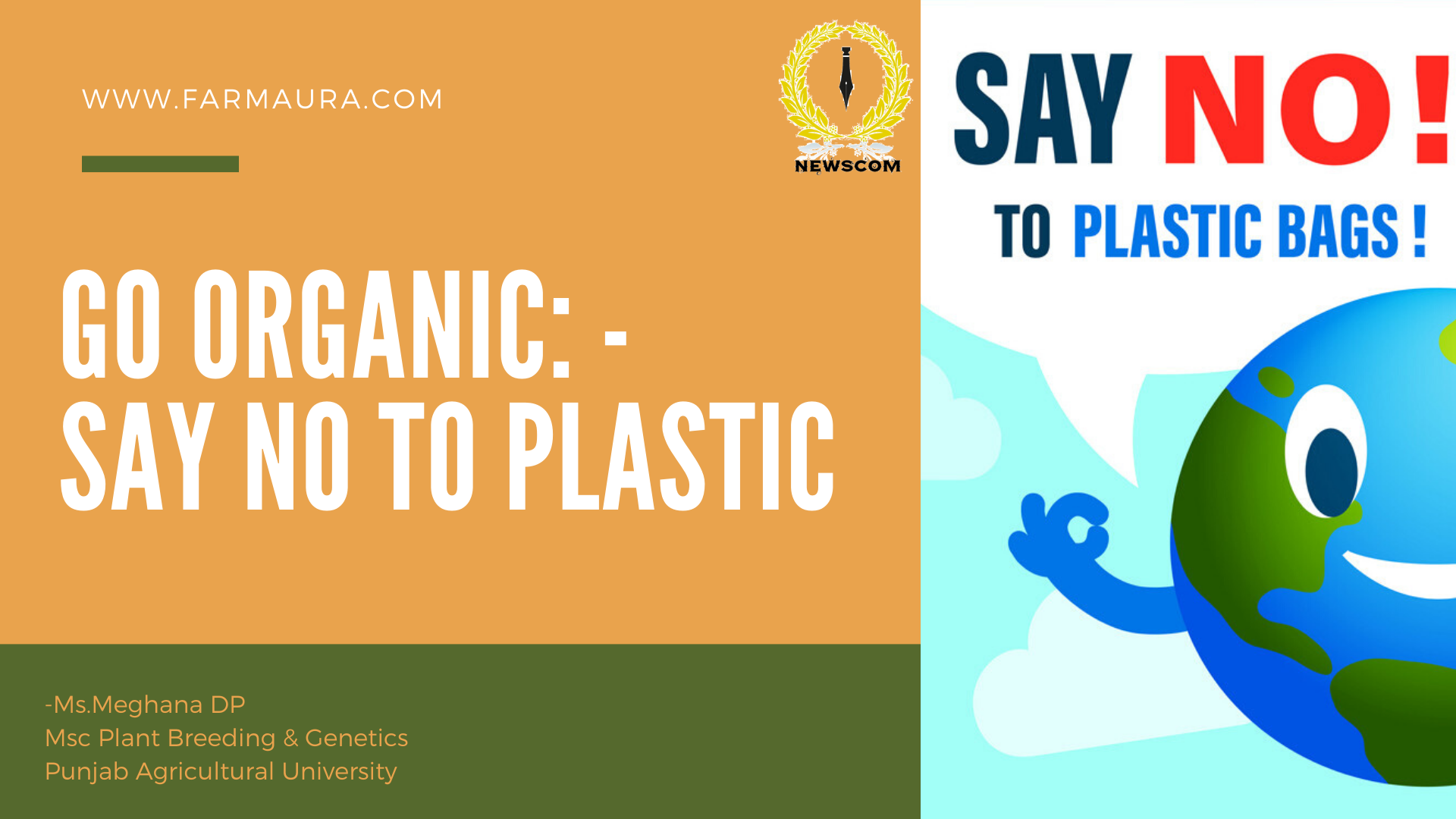
As population increases to 10 billion people by 2050, with the present usage of plastic continues then entire globe fills up with heaps of tons plastic waste, which would be more than any tallest mountain ranges in the world. Just a simple walk on any beach, anywhere, could notice every tide brings plastic to the shore. Every year 8 million metric tons of plastic end up in our oceans. By 2025, it is estimated that nearly 20 times the 8 million metric tons i.e., 100 bags of plastic per foot of coastline in the world.
International Plastic bag free day is seen on July 3rd of every year that is now part of border break free from plastic movement which brings together an international coalition of NGO’s to build a future free from plastic pollution.
In amidst of polluting ocean, marine biodiversity including flora and fauna eventually gets vanished from ecosystem. It suffocates and envenomed by the slow plastic poison continuously washing ashore. Witnessing horrible death of seabirds due to consumption of plastic pieces which resemble of colorful plastic to their own food. So, government initiated plastic bag free day and many private companies thought for the alternative and came out with organic packaging.
Organic packaging means products having at least 95% of organically grown ingredients .They are biodegradable; completely gets decomposed within a week or month and are eco-friendly, which do not release any harmful toxic materials. Few of them are here
- From mycelium – Now-a-days companies like ecovative design, mycoflex, mycocomposite came forward to use alternative products instead of plastic. Mycoflex platform uses 100% pure mycelium (fungal roots) structure for creating high performing foams to create variety of materials having many wide applications. Mycocomposite platform uses mycelium to bind together organic agricultural biproducts such as woodchips to produce durable, biodegradable and 100% compostable materials.
- From corn starch – Before for preparing many use and throw cutleries plastics are used which have high BPA which is toxic to human and also to reduce plastic, corn starch is been used.
- Banana leaves- for packing many food items (in Indian hotels) are used.
- Other materials – Cloth bags and gunny bags replaced polyethene bags, agave fibre based hats replaced plastic hats, coconut coir, arecanut spathe are also being used for rope making, and wooden boxes replaced plastic containers and lot more are organic packaging materials being used.
Now a days people are looking forward for organic everywhere like organic farming, organic pesticides, organic manures, organically grown vegetables and fruits and then why not ORGANIC PACKAGING.



Love watching sunset !
Hey there It’s very effortless to find out any matter on net as compared to textbooks, as I found this paragraph at this website. thank you
hi there, your article is perfect.Following your site.
Thanks Tory